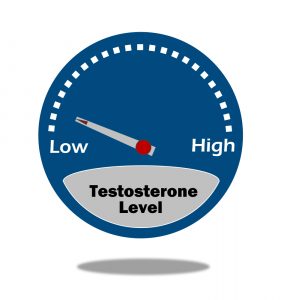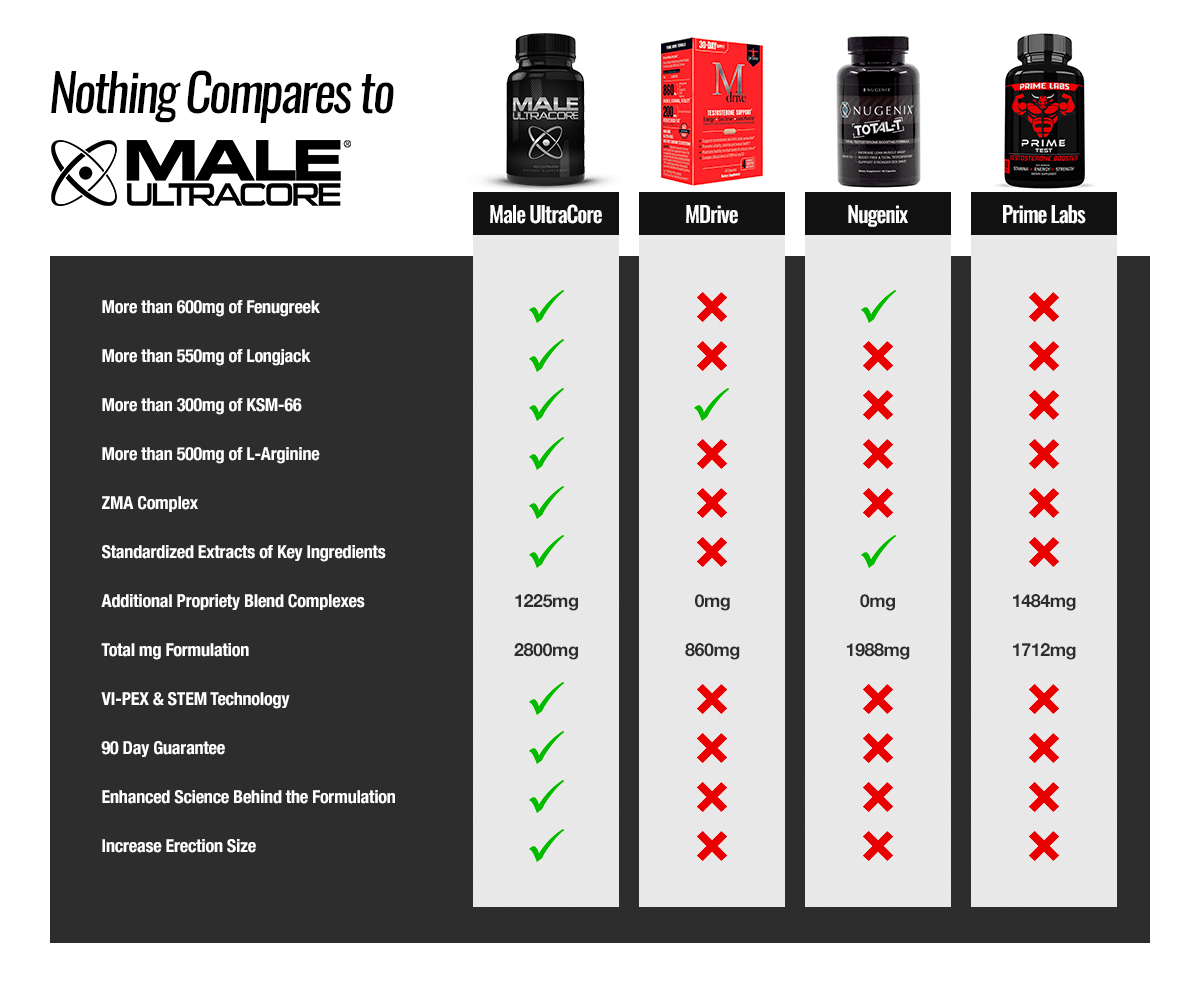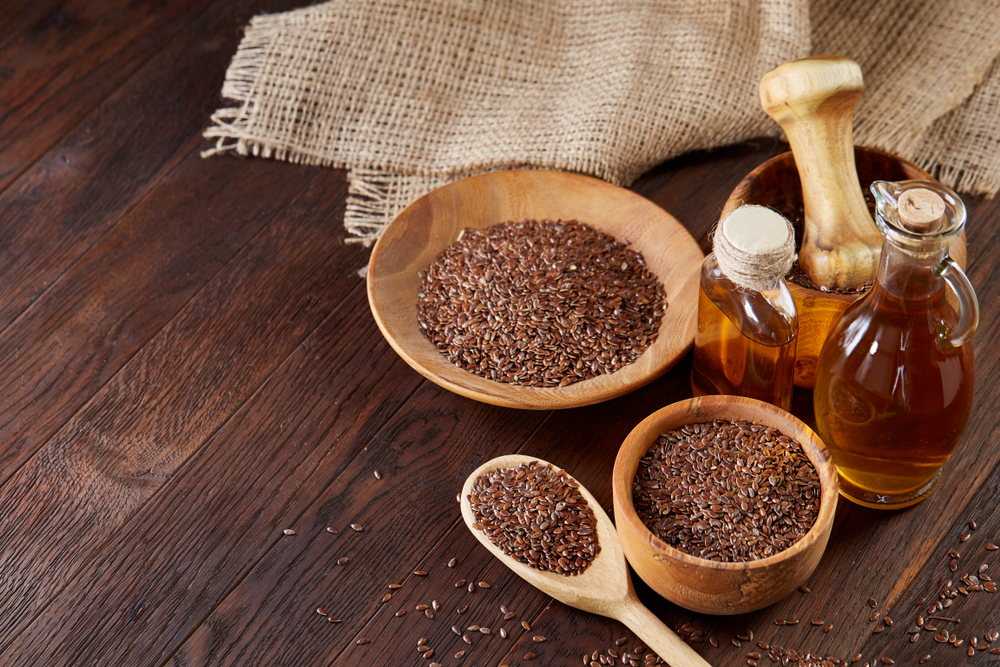Flaxseed is a nutritious food that offers many benefits. It has been cultivated and used by men for medicinal and culinary purposes since the ancient times. These days, it is considered an excellent health food that comes in various forms — seeds, flour, oil, tablets, powder, and capsules — and is highly recommended for the prevention of constipation, high cholesterol, diabetes, and many other health problems.
Top health benefits of flaxseed
Including flaxseed in your daily diet can do wonders to your overall health and wellbeing. Below are the top health benefits that you can enjoy from regular intake of flaxseed:
1. Flaxseeds are loaded with essential nutrients
One tablespoon or seven grams of flaxseed contains the following vitamins and minerals:
- Calories – 37
- Fiber – 1.9 grams
- Carbohydrates – 2 grams
- Protein – 1.3 grams
- Saturated fat – 0.3 grams
- Monounsaturated fat – 0.5 grams
- Polyunsaturated fat – 2.0 grams
- Total fat – 3 grams
- Omega-3 fatty acids – 1,597 milligrams
It is also loaded with vitamin B1, vitamin B6, folate, calcium, iron, magnesium, phosphorous, and potassium.
2. Flaxseeds can help lower your risk of heart disease
Flaxseeds are overflowing with omega-3 fatty acids, most especially with the type called alpha-linolenic acid or ALA, which is a plant-based amino acid that is good for cardiovascular health.

Many studies found that ALA has the ability to prevent cholesterol from building up in the blood vessels, reduce the growth of tumors, and ease inflammation in the arteries.
In one study, the participants who consumed more flaxseeds had more ALA in their bodies, and, as a result, exhibited a lower risk of heart attack in comparison to those that ate less flaxseeds. In another study, people who had higher concentration of ALA in their bodies were found to have a lower risk of stroke and heart disease by 14%.
3. Flaxseeds can lower the risk of cancer
Flaxseeds contain lignans, which are plant compounds with estrogen and antioxidant properties. Compared to other plant foods, flaxseeds’ lignan content is about 800 times higher, making them a lot more effective in fighting off cancer and boosting overall health.
Many studies have found that people who regularly eat flaxseeds are less likely to develop certain types of cancer than those whose diets are missing flaxseeds.
In one study, among the more than 6,000 female participants, those who ate flaxseeds showed an 18% lower risk of breast cancer. In another study, among the male subjects, those who ate 30 grams of flaxseeds on a daily basis showed a decreased risk of prostate cancer.
4. Flaxseeds enhance bowel movements
Flaxseeds are high in fiber, so regular consumption should aid in bowel movements. If you are often constipated, you can rely on flaxseeds to give you the soluble and insoluble dietary fibers that you need for more regular bowel movements.
A tablespoon of flaxseeds can supply you about 8% to 12% of the daily recommended amount. It helps in your digestive process, aids in regulating your blood sugar and cholesterol levels, and facilitates the formation of softer stools.
5. Flaxseeds can help lower blood pressure
If you are having problems with high blood pressure levels in your body, you should eat flaxseeds regularly. Even if you are already taking blood pressure medications prescribed by your doctor, adding flaxseeds into your treatment plan can lower your blood pressure levels even further. Doing so also allows you to avail of the many other health benefits that flaxseeds can offer to improve your quality of life.
A study conducted in Canada found that consuming 30 grams of flax seeds everyday for six months reduced systolic blood pressure by 10 mmHg and diastolic blood pressure by 7 mmHg. Moreover, another study found that taking flaxseeds on a daily basis for even only three months reduced blood pressure levels by 2 mmHg. Even though these numbers do not seem much, these small decreases in blood pressure can actually lower the risk of death from heart attack by 7% and death from stroke by 10%.
Flaxseeds and testosterone levels
There have been numerous studies that focused on the relationship between flaxseeds and testosterone. How does consumption of flaxseeds affect the body’s testosterone levels?
In one study, a woman with extremely high testosterone levels was given flaxseed supplements daily for four months. After that period, her testosterone levels were measured, and the results showed that her total serum testosterone levels decreased by 70% and her free testosterone by 89%.

In this case, we can say that taking flaxseeds was helpful as it was effective in lowering the woman’s very high testosterone levels.
In another study, 25 men with prostate cancer were given flaxseed supplements for about a month. Everyday, each one consumed an average of 30 grams of flaxseeds. When their testosterone levels were tested, they showed a 15% decrease in their total testosterone.
In this case, we can say that taking flaxseeds was also a good idea as it lowered the men’s testosterone levels, which also slowed down the spread of the cancer.
Testosterone Tips
Other than flaxseeds, there are many other foods that can help you maintain normal testosterone levels.
If you have high testosterone and need foods that can lower your levels, you should add the following foods in your diet:
- Mint
A study found that mint, particularly peppermint and spearmint, can decrease testosterone levels in the body.
- Vegetable oil
The different types of vegetable oil, such as cottonseed oil, canola oil, and corn oil, contain polyunsaturated fatty acids that can reduce testosterone levels.
- Soy
Soy foods are loaded with phytoestrogens that can negatively impact your hormone levels, especially your testosterone.
If you have low testosterone and need foods that can increase your levels, try eating the following foods:
- Tuna
Tuna is rich in vitamin D, which is a nutrient instrumental in testosterone production.
- Oysters
Oysters are loaded with zinc, which is a nutrient that helps keep the hormones in check.
- Beans
Beans have high concentrations of vitamin D and zinc, which are essential nutrients that facilitate hormone production.
Increase Your Testosterone Levels with Testosterone Boosters
Male UltraCore is a premium testosterone boosting supplement that is designed to maximize test levels, increase your performance and drive, and give you harder and fuller erections. 





